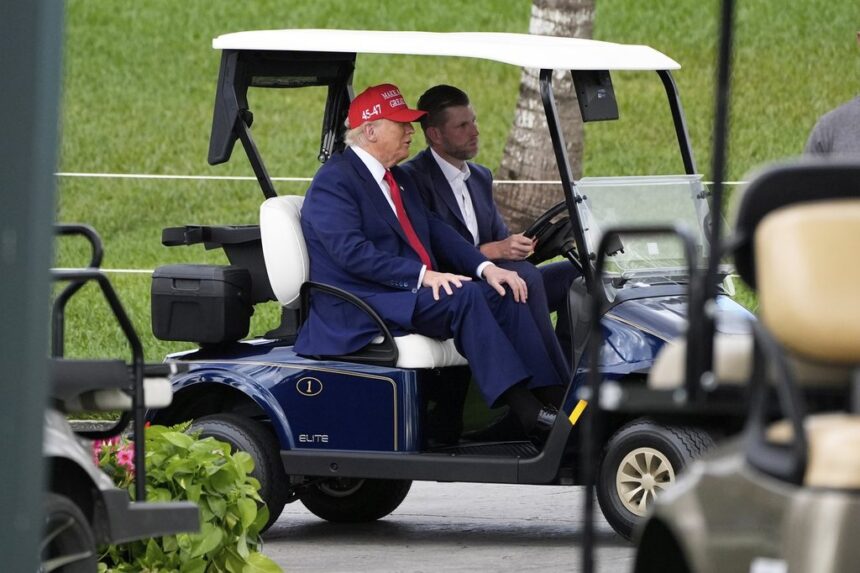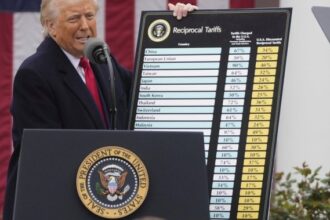The Rocky Mountains will form a dramatic backdrop next month as Canada hosts the G7 Summit in Alberta—with perhaps an equally dramatic political dynamic unfolding inside the meeting rooms. President-elect Donald Trump’s return to the global stage has Canadian officials scrambling to prevent another diplomatic meltdown reminiscent of the 2018 Charlevoix summit, where Trump abruptly withdrew his signature from the joint communiqué and launched a Twitter tirade against Prime Minister Justin Trudeau.
“The atmosphere heading into this summit is electric with tension,” says Dr. Helena Morgenstern, international relations specialist at the University of Toronto. “Canadian diplomats are walking a tightrope between asserting national interests and avoiding another international incident.”
According to World News sources close to the preparation committee, Canadian officials have been working diligently behind the scenes to create conditions for productive dialogue despite significant policy disagreements. The Biden administration had established strong alignment with Canada on climate initiatives, multilateral trade approaches, and security cooperation—areas where Trump has historically diverged sharply from Canadian positions.
“The challenge for Canada isn’t just managing Trump’s unpredictable negotiating style,” explains former Canadian ambassador Michael McKenzie in an exclusive interview with CO24. “It’s navigating fundamental disagreements on climate action, NATO funding, and trade while still finding common ground on issues like China and economic security.”
The Alberta summit location represents both opportunity and risk for Canada News coverage. The province’s oil and gas industry aligns with Trump’s energy priorities, potentially offering a bridge for cooperation, but Canada’s carbon pricing regime and environmental commitments remain potential flashpoints.
Economic data suggests the stakes couldn’t be higher. Canada-U.S. bilateral trade exceeded $718 billion in 2024, supporting millions of jobs on both sides of the border. Any disruption to this relationship through renewed tariff threats or trade disputes could send shockwaves through supply chains still recovering from pandemic-era disruptions.
“The integrated nature of our economies means cooperation isn’t optional—it’s essential,” notes Stephanie Chen, chief economist at Canadian Imperial Financial Group. “The question is whether this fundamental economic reality will transcend political differences at the summit table.”
Preparations for the summit highlight the balancing act facing Canadian diplomats. Sources within Global Affairs Canada confirm that negotiators are focusing discussions on areas of likely agreement—countering Chinese economic influence, securing critical supply chains, and enhancing North American energy independence—while carefully managing more contentious topics.
The contrast with 2018’s Charlevoix summit remains stark in the diplomatic memory. That meeting culminated with Trump’s withdrawal from the communiqué and his description of Trudeau as “very dishonest and weak” following the Prime Minister’s closing press conference statements on retaliatory tariffs. CO24 Politics analysts note that avoiding such a scenario has become a primary objective for Canadian officials.
“The 2018 fallout went beyond just hurt feelings,” explains CO24 Business contributor Raymond Fortier. “It had real economic consequences, contributing to market uncertainty and complicating negotiations across multiple sectors. No one wants a repeat performance.”
Security preparations have also intensified, with the RCMP coordinating with international partners on threat assessments and protective measures. The remote location provides security advantages but adds logistical complications for the thousands of delegates, staff, and media expected to attend.
As global leaders prepare to convene amid Alberta’s majestic landscapes, the question remains: Will the natural grandeur of the setting inspire cooperation, or will political fault lines once again rupture the veneer of international harmony? For Canada, navigating these diplomatic waters successfully may prove to be its most challenging summit hosting duty yet.










